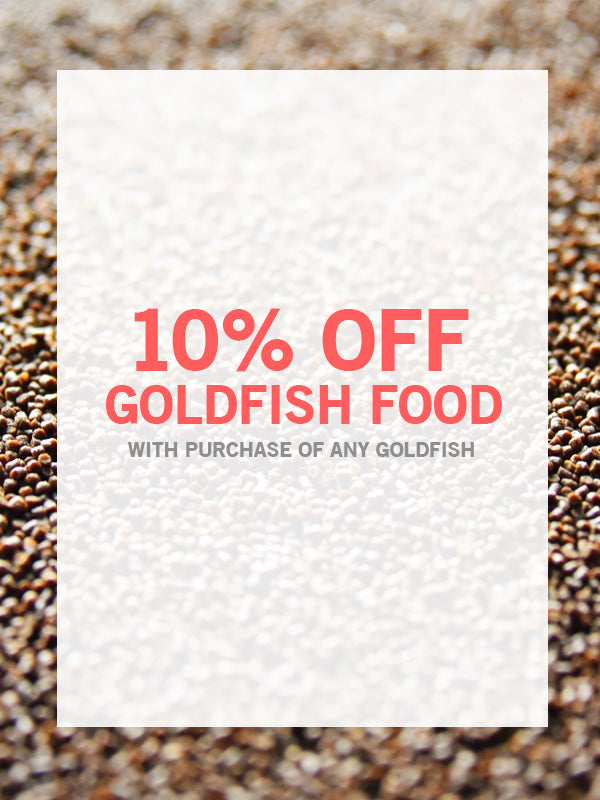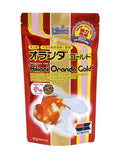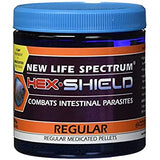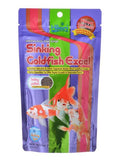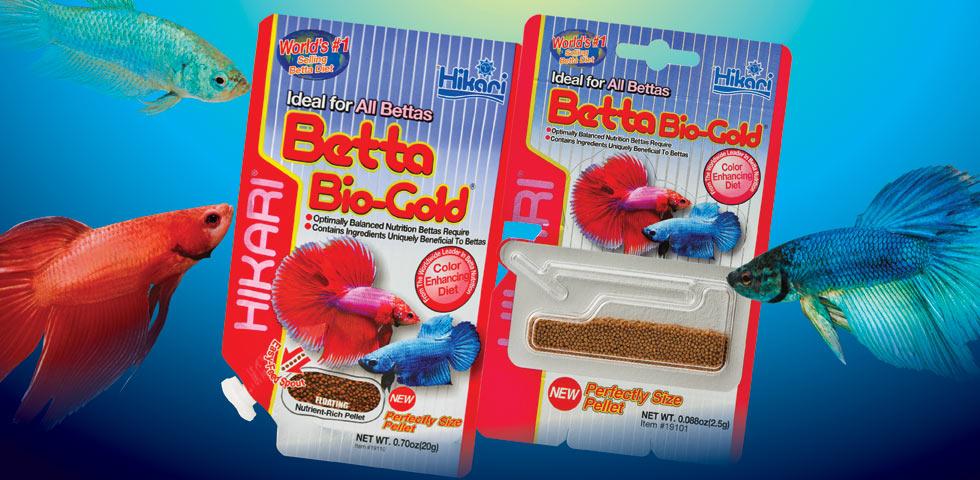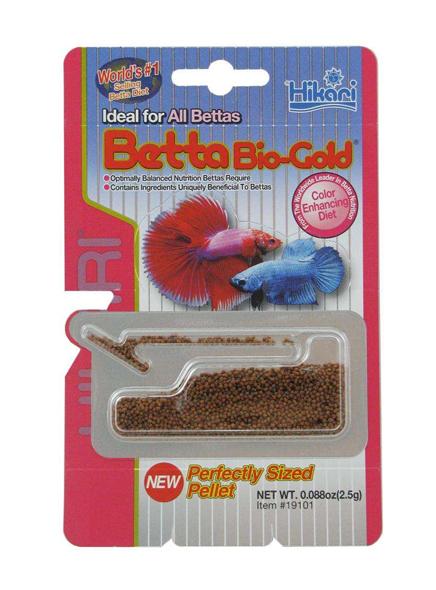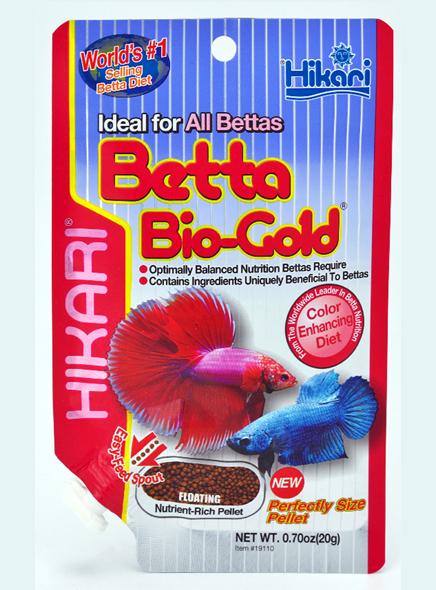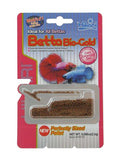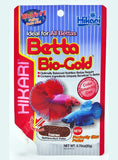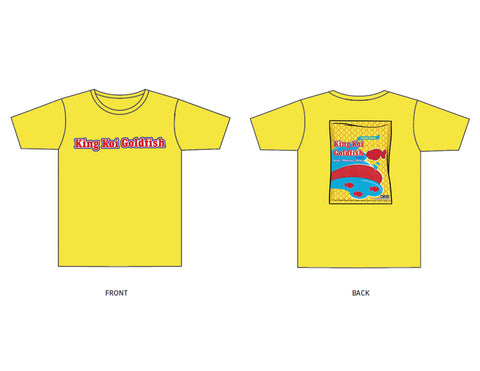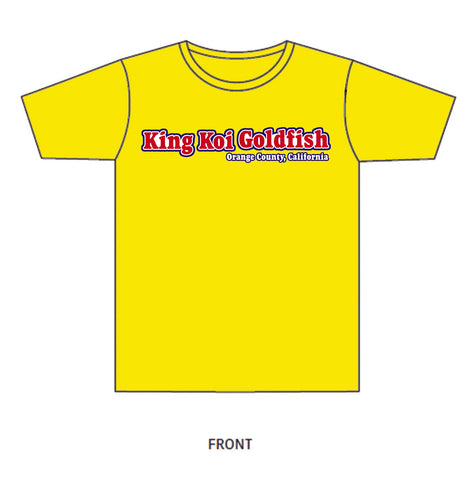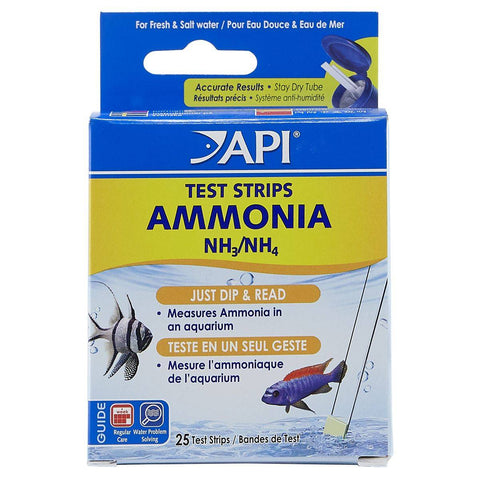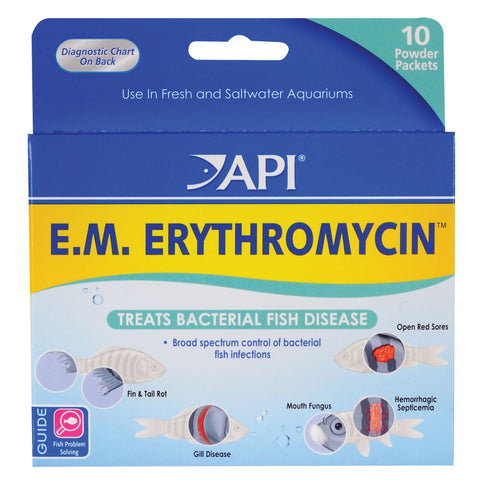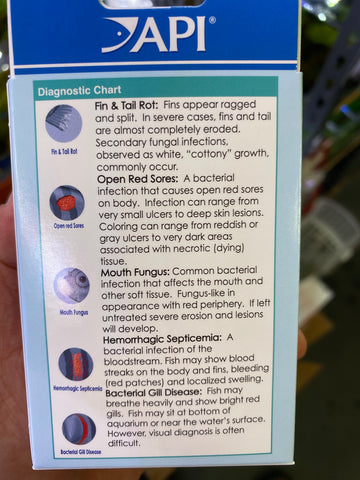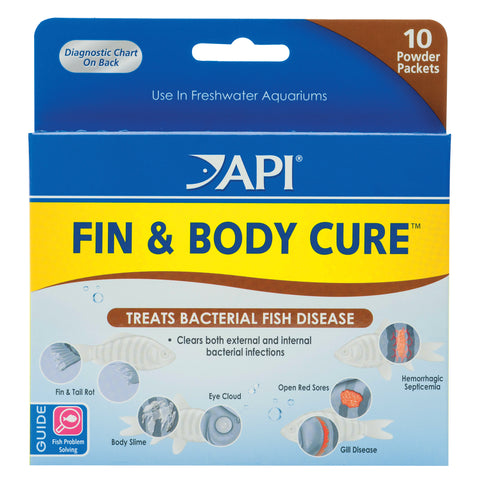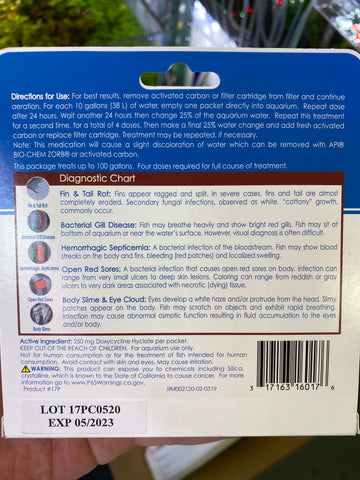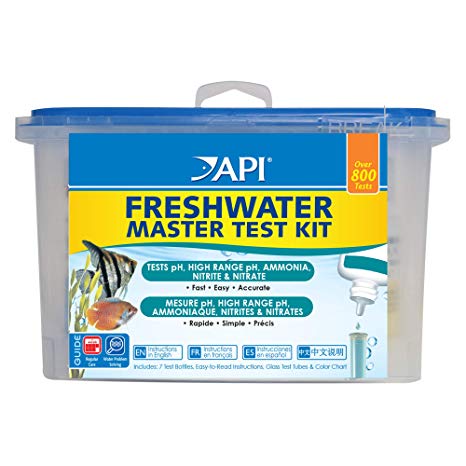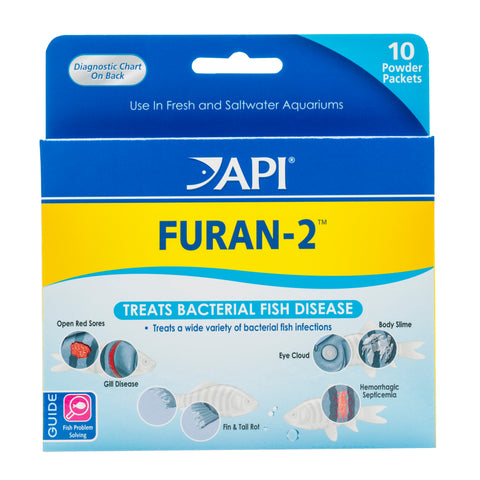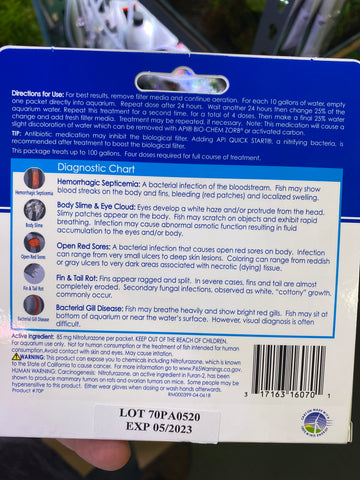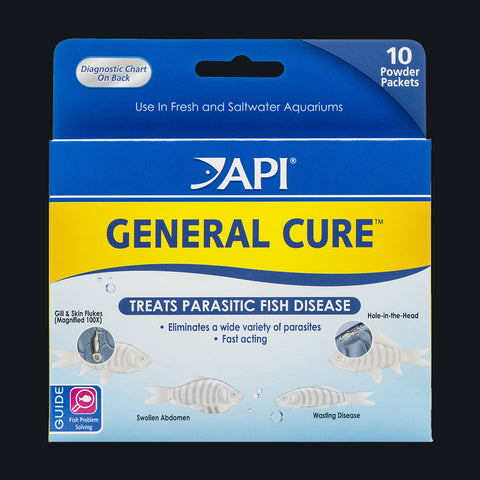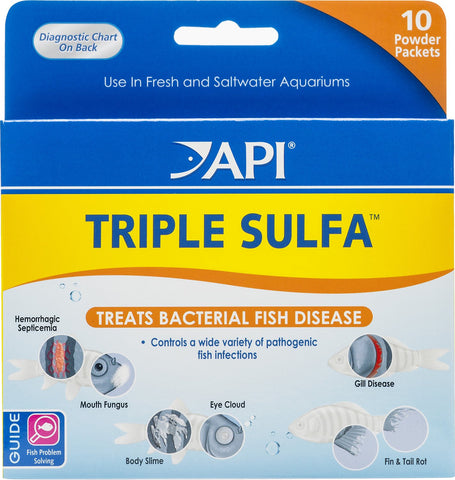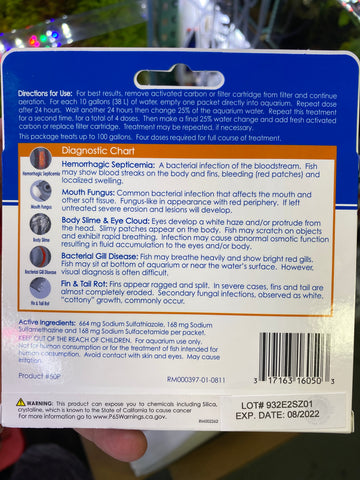Goldfish Food
Clearance
$ 149.99 USD $ 89.99 USD
$ 149.99 USD $ 89.99 USD
$ 149.99 USD $ 89.99 USD
Betta Bio-Gold
Many in stock
Fish Food
Hikari
 **Valid on standard U.S. shipping to U.S. delivery addresses in the 50 continental states only. Not valid for international delivery address or U.S. territories addresses. Additional charges apply for rush shipping.
**Valid on standard U.S. shipping to U.S. delivery addresses in the 50 continental states only. Not valid for international delivery address or U.S. territories addresses. Additional charges apply for rush shipping.
Shipping Rates and Delivery Times:
- All free shipping options ship in 3-7 business days regardless of selected shipping option. (ex. Standard Shipping, Flat Rate Shipping, 2 Day Shipping)
- Shipping options provided reflect other items in cart.
- For expedited shipping, please Contact Us.
A Powerful Color-Enhancing Diet developed after considerable research into the nutritional requirements of bettas.
Hikari® Betta Bio-Gold® has been developed after considerable research into the eating habits and nutritional requirements of bettas. This floating pellet has been carefully balanced to meet the nutritional needs of your pet. The inclusion of premium-select fish meal which provides a superior protein source, Astaxanthin, which helps enhance coloration, Grape Seed Extract (polyphenol), which has been shown to reduce the impacts of aging and Spirulina, which naturally offers a high concentration of usable vitamins, make this a daily diet perfectly suited for bettas and their high stress nature. Developed, produced and packaged in our facilities so we can be assured you’ll always get the ®Hikari quality you expect!
- Optimally Balanced Nutrition Bettas Require
- Contains Ingredients Uniquely Beneficial To Bettas
- Floating Pellet
- Allows easy monitoring of amount eaten
- Helps eliminate over-feeding
- Reduces water quality problems
- More economical
- Will not cloud the water
- Expect Natural, Brilliant Colors
- Rich in natural color enhancers
- Bio-Technology provides superior color enhancement
- Reduces color fading
- Contains Stabilized Vitamin C
- Supports immune system health
- Promotes a long, healthy life
FEEDING SUGGESTIONS
Perfectly Sized Pellet:For a 1.5″ betta (from tip of nose to base of tail – before fin), feed 3 (three) pellets of Betta Bio-Gold up to three (3) times daily. Add 1 pellet per 1/4” of growth, never feeding more than 5 pellets at one feeding. You can do more feedings but make sure they are at least three (3) hours apart and at least that amount of time before all lights are out in the room. During feedings, feed 1 (one) pellet at a time and make sure the betta completely consumes each pellet. Do not over-feed, overfeeding can be detrimental to the betta and the water quality. Remove any uneaten food after the feeding period.
Baby Micro Pellet: For a 1.5″ betta (from tip of nose to base of tail – before fin), feed six (6) pellets of Betta Micro Pellets in the morning and six (6) at night. Add 2 (two) pellets per 1/4″ of growth, never feeding more than six(6) pellets at one feeding. You can do more feedings but make sure they are at least two (2) hours apart and at least that amount of time before all lights are out in the room. More feedings will improve growth for your betta. During feedings, feed 1 (one) pellet at a time and make sure the betta completely consumes each pellet. Do not over-feed, overfeeding can be detrimental to the betta and the water quality. Remove any uneaten food after the feeding period.
MAINTENANCE
Bettas are called “fighting fish” because the males fight with one another. You should never keep males together for this reason, but can keep a single betta with other non-aggressive fish in a larger aquarium. Keep your water at a low to moderate acidity and maintain a temperature between 73°F (23°C) and 81°F (27°C) free of drafts or rapid temperature changes. Change some water weekly with a water conditioner to remove chloramines, chlorine and ammonia that is the same temperature as the water you are replacing.
INGREDIENTS
Fish meal, wheat flour, soybean meal, rice bran, potato starch, krill meal, corn gluten meal, wheat germ meal, brewers dried yeast, wheat gluten meal, fish oil, DL-methionine, spirulina, garlic, dried seaweed meal, astaxanthin, choline chloride, vitamin E supplement, L-ascorbyl-2-polyphosphate (stabilized vitamin C), inositol, d-calcium pantothenate, riboflavin, vitamin A supplement, thiamine mononitrate, pyridoxine hydrochloride, niacin, folic acid, vitamin D3 supplement, biotin, vitamin B12 supplement, P-aminobenzoic acid, disodium phosphate, salt, ferrous sulfate, magnesium sulfate, zinc sulfate, manganese sulfate, copper sulfate, calcium iodate, red 3 (artificial color).
GUARANTEED ANALYSIS
| Crude Protein | Crude Fat | Crude Fiber | Moisture | Ash |
|---|---|---|---|---|
| min. 38.0% | min. 4.0% | max. 3.0% | max. 10.0% | max. 12.0% |
| Phosphorus | Vitamin A | Vitamin D3 | Vitamin E | Ascorbic Acid |
|---|---|---|---|---|
| min. 0.7% | min. 25,000 IU/kg | min. 5,100 IU/kg | min. 1,600 IU/kg | min. 390 mg/kg |
REFUND POLICY
Refunds on live fish will be accepted up until 72 hours BEFORE the fish is scheduled to be shipped. No refunds will be issued on fish within 72 hours of the scheduled shipping time. Unopened dry goods will be accepted for a full refund within 7 days of receiving. Return shipping is buyer responsibility.
LIVE ON ARRIVAL GUARANTEE
I guarantee my fish will arrive alive. *you must be available to receive the package the day of delivery.”
If a fish expires in transit, I will replace the fish, however, you will be responsible for the shipping costs. The replacement fish must be of equal or lesser value than the initial purchase.
However, we are not responsible for the mishandling of your package during transport. Once the package is in transport, we will not be held liable for any damages to the package. We most certainly may help redirect you to the carrier responsible.
IN ORDER FOR US TO HONOR A DOA CLAIM, YOU MUST CONTACT US WITHIN 2 HOURS OF THE PACKAGE BEING DELIVERED (WE WILL USE THE TIME PROVIDED BY THE CARRIER ON THE TRACKING).
Please take a picture for us showing the loss- it can just be a picture taken with your smart phone and email to DOA@kingkoigoldfish.com. If approved, we will coordinate with you to replace the fish with a fish of similar color and size, AT OUR DISCRETION. You will still be responsible for any shipping costs associated with the replacement. We work very hard to make sure that you receive your fish alive.
SHIPPING
We can ship to virtually any address in the United States (Including Hawaii and Puerto Rico).
When you place an order, predetermined shipping options have been set to reduce shipping costs. Such options will be given to you during checkout. If you have any questions or concerns regarding shipping costs, please don’t hesitate to reach us at sales@kingkoigoldfish.com.
Please also note that the shipping rates for many items we sell are weight-based. The weight of any such item can vary based on quantity so they have been automated using our proprietary algorithm. To reflect the policies of the shipping companies we use, all weights will be rounded up to the next full pound.
For more information, please visit our Shipping Information Page or our Return & Refund Policy page

